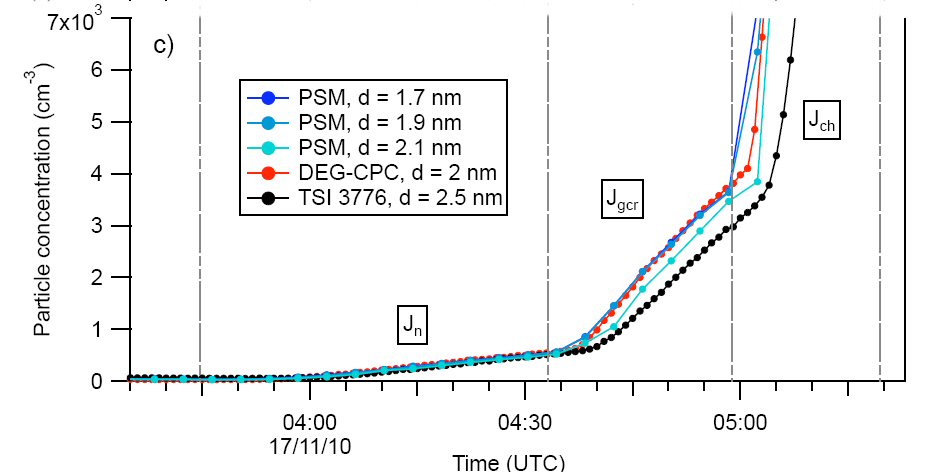Silurian
Deity
- Joined
- Jan 5, 2010
- Messages
- 7,567
Ignoring the CO2 and methane and other ecological damage im not sure if a rapid warming of northern Canadian or Siberian would be good in the short term. The permafrost will take a while to completely melt. Where the surface melts you get a swampy landscape as shown in the photo in verbose,s link.
From TerraNature
http://terranature.org/methaneSiberia.htm
Good if you like insects in the summer. No good for farming in the short term.
From TerraNature
Higher air temperatures first create frost-heave, transforming flat permafrost into hollows and hummocks known as salsas. As the permafrost melts, water collects on the surface, forming ponds that do not drain because of the frozen bog beneath. The ponds combine into larger lakes until the last permafrost melts and the lakes drain underground
http://terranature.org/methaneSiberia.htm
Good if you like insects in the summer. No good for farming in the short term.


